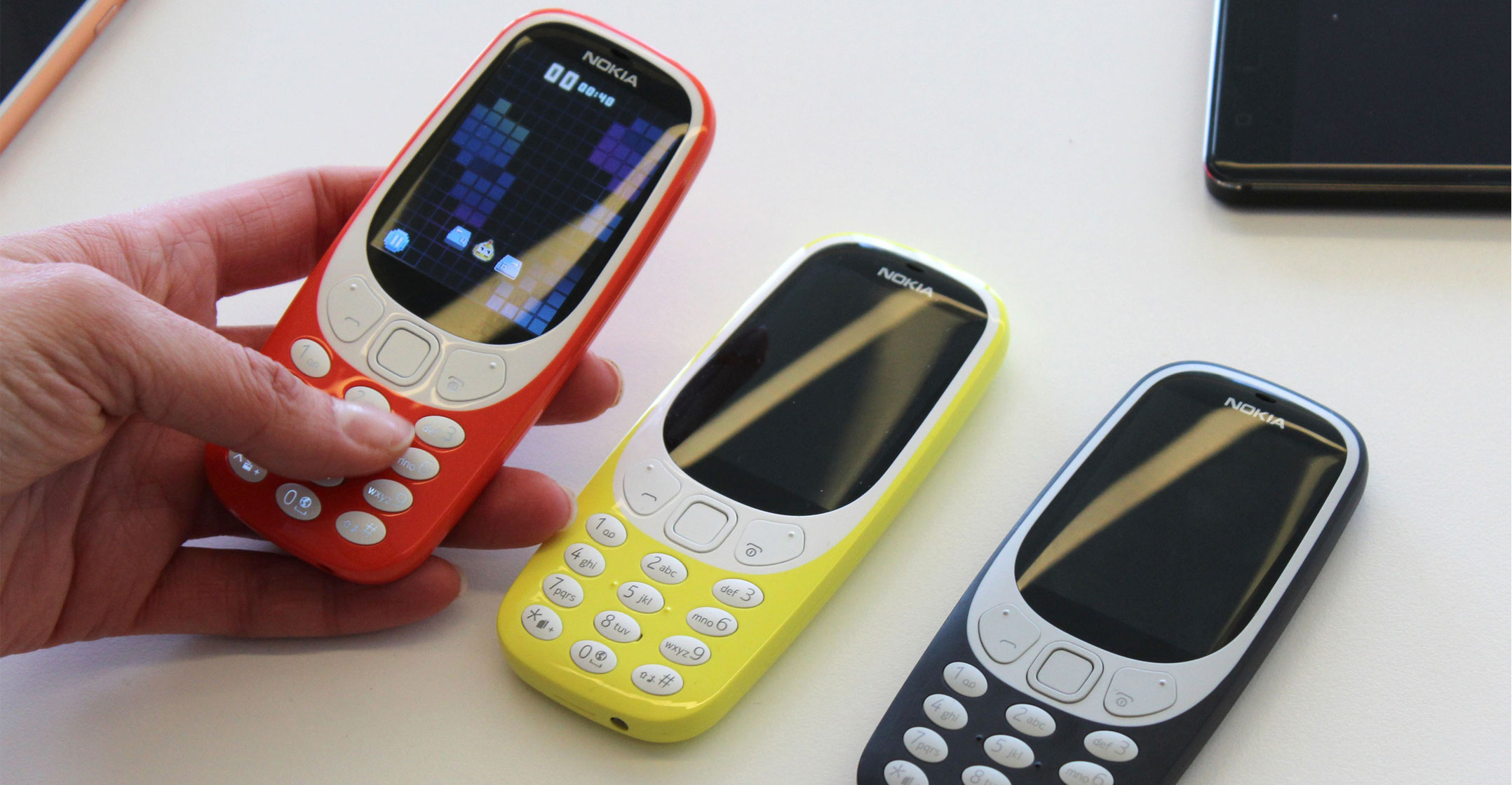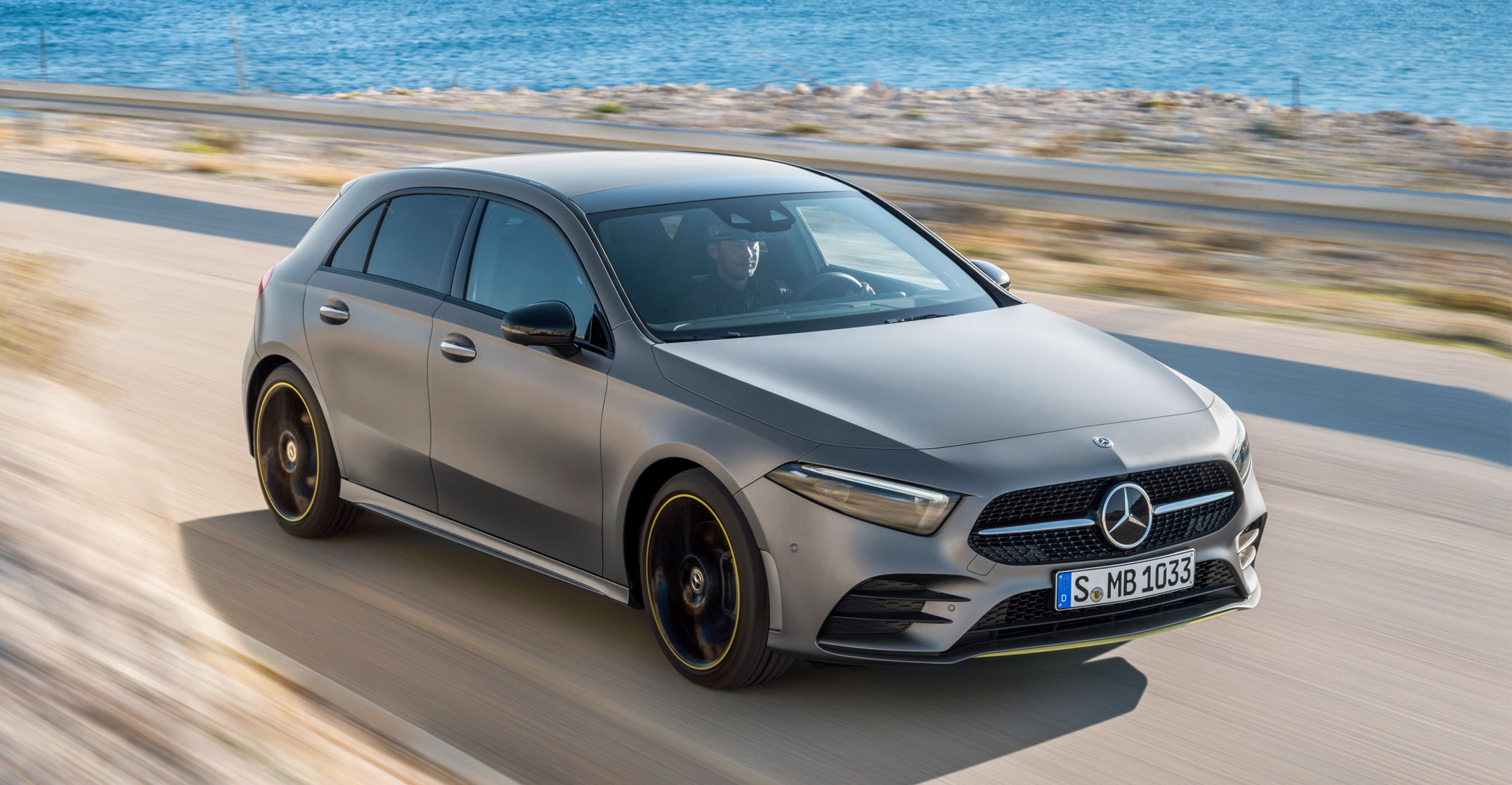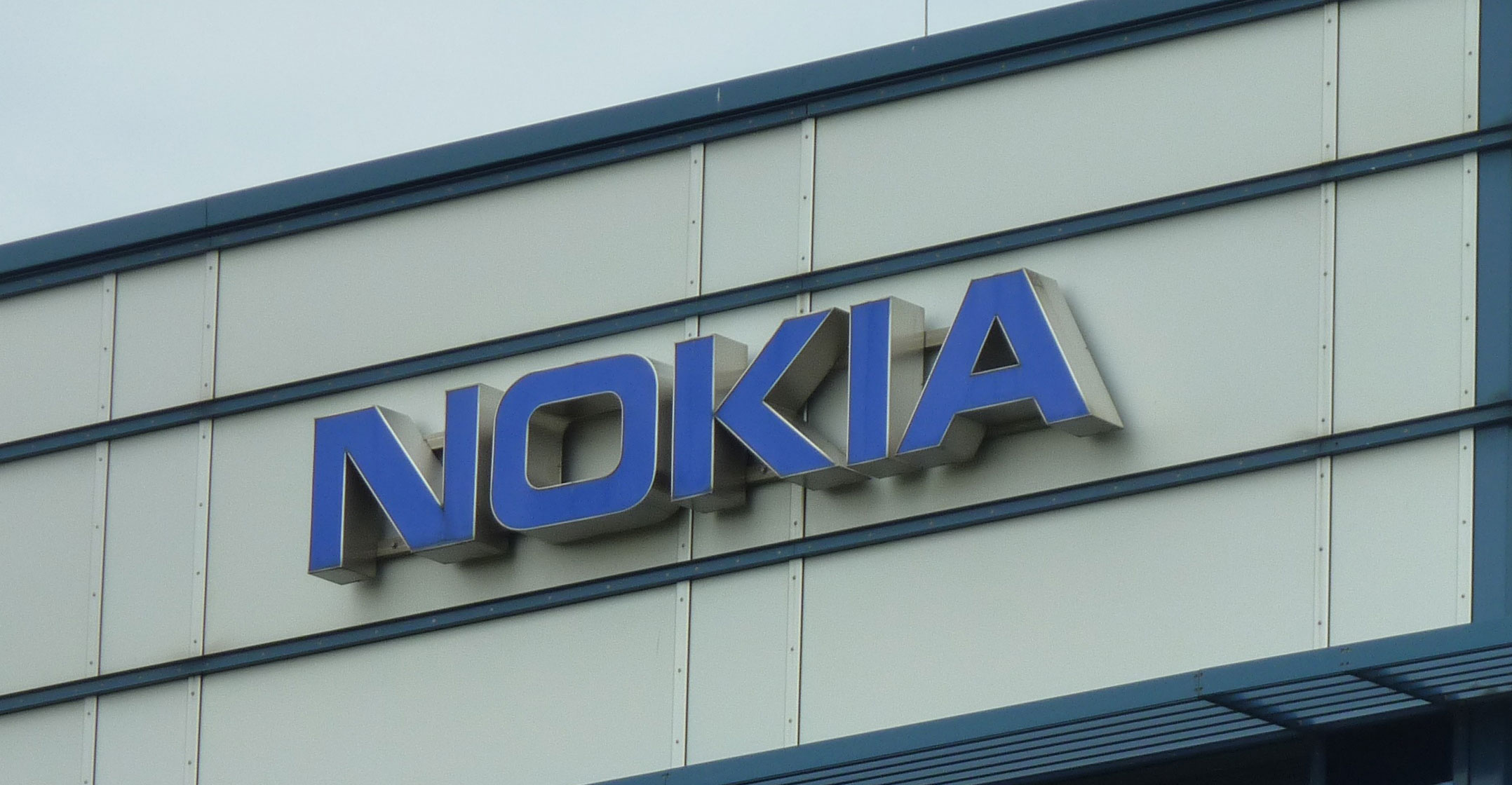 A good decade after Nokia’s mobile phone business suffered a fatal blow at the hands of the iPhone, the Finnish company is still feeding off a lucrative asset that it salvaged from the wreckage.
A good decade after Nokia’s mobile phone business suffered a fatal blow at the hands of the iPhone, the Finnish company is still feeding off a lucrative asset that it salvaged from the wreckage.
Nokia retained a catalogue of thousands of wireless communications patents that is steadily growing thanks to a thriving research operation. Now an attempt to change how those patents are monetised has led Nokia into court with Daimler, the maker of Mercedes-Benz cars.
A ruling a few weeks ago in Germany sided with Nokia, and more verdicts are pending later in September.
Modern cars are so brimming with electronic gadgetry that the industry has casually likened its products to smartphones on wheels. Wireless technology allows occupants to make calls, stream music or dial up emergency services in case of an accident. Traditionally, automakers require that their components makers, be it Continental or Robert Bosch, handle any royalty issues, and indemnify them for any patent demands that may come later.
In a bid to streamline the process, wireless technology companies from Qualcomm to Sharp and Nokia joined forces in the Avanci patent pool, which promises to collect royalties from the car industry by offering a fixed price per vehicle, currently running at US$15/car for a 4G-standard licence.
‘Fair price’
“There has to be a solution and we feel we are the solution,” said Kasim Alfalahi, the founder and CEO of Avanci. “It’s a fair price for the value of the technology in the car.”
The trouble is that Daimler disagrees and has no desire to sign up. Instead, the company wants to maintain the practice of suppliers negotiating the licences, ideally at a fraction of the umbrella-deal cost.
Nokia is trying to enforce its approach via a high-stakes court battle, with hearings in Munich, Dusseldorf and Mannheim. It’s here that the Finns struck legal gold: The company won an injunction that could stop Daimler from selling cars in Germany, which would be a suicidal situation for the inventor of the automobile on its home turf.
 One consolation for Daimler is that enforcing a car-sale ban would require Nokia to post collateral of €7-billion in a separate proceeding, a risky proposition for the Finnish company given the huge outlay.
One consolation for Daimler is that enforcing a car-sale ban would require Nokia to post collateral of €7-billion in a separate proceeding, a risky proposition for the Finnish company given the huge outlay.
But then, on 10 September, Sharp won an injunction in a Munich court that also threatens a ban on Daimler vehicles, albeit at a much lower collateral of just €5.5-million, putting additional pressure on the car maker.
Daimler says it wants fair and non-discriminatory access to patents on standardised technology, calling the practice essential to support development and services. Nokia, on the other hand, says it made “fair and reasonable offers to Daimler” and its peers, who have instead chosen to use the company’s inventions “without authorisation and compensation”.
While Daimler is appealing the ruling, it sent shock waves through the industry and beyond (Nokia surged about 3% after the verdict). At stake isn’t just the licensing model for patents used in cars, but in pretty much every product that promises wireless connectivity, be it a fridge, a combine harvester or a medical device. For Nokia and its peers, the automobile industry is only the tip of the licensing iceberg, and they’re going global.
“Today it’s the auto industry and tomorrow it’s home appliances,” says Atif Bhatti, a patent litigator at Linklaters in Frankfurt, who isn’t involved in the case. “At some point every industry will depend on connectivity and must tackle these issues.”
Worth fighting
For Nokia, it’s a battle worth fighting to protect a critical flank, long after the company lost its relevance as a maker of handsets to end consumers. Nokia’s sales from patents and brand licensing reached €1.5-billion last year, a big enough business to qualify as one of its four main strategic pillars. Nokia claims to have most of the major smartphone vendors under licence, alongside products as disparate as smart meters, cars and payment terminals.
The German suits are just one part of a battle being waged by the companies united under the Avanci umbrella. Sharp joined Nokia and filed its own cases against Daimler. On the other side, suppliers including navigation specialist TomTom and Bosch are supporting Daimler in the litigation.
Continental has gone one step further, fielding a suit against Avanci in the US and urging the European Commission to step in and stop what it considers unfair competition. Like Daimler, Continental is invoking a rule stating that technology needed by everyone must be shared under fair terms.
 A royalty of $15 as demanded by Avanci would wipe out all profit for the components makers, and that doesn’t include patent owners who aren’t part of the Avanci platform but also want to get paid, the company contends.
A royalty of $15 as demanded by Avanci would wipe out all profit for the components makers, and that doesn’t include patent owners who aren’t part of the Avanci platform but also want to get paid, the company contends.
It’s not all bad news for Daimler and the suppliers in its corner. At a hearing in Dusseldorf earlier this month, the judges indicated they want the EU’s top court to weigh in on the dispute. The judges in Luxembourg should say whether Nokia can pick and choose whom they want to licence to in the supply chain — an important legal milestone for Daimler.
But recent rulings in California and London as well as Nokia’s Mannheim win have benefited owners of patents for standard-essential technology, said Jorge Contreras, a University of Utah law professor who specialises in the intersection of patent and antitrust law. Ultimately, it could give them an edge when trying to negotiate licences.
“At the end of the day it is all about money,” Contreras said. “There aren’t any other issues beyond the money, really.” — Reported by Karin Matussek and Susan Decker, (c) 2020 Bloomberg LP

